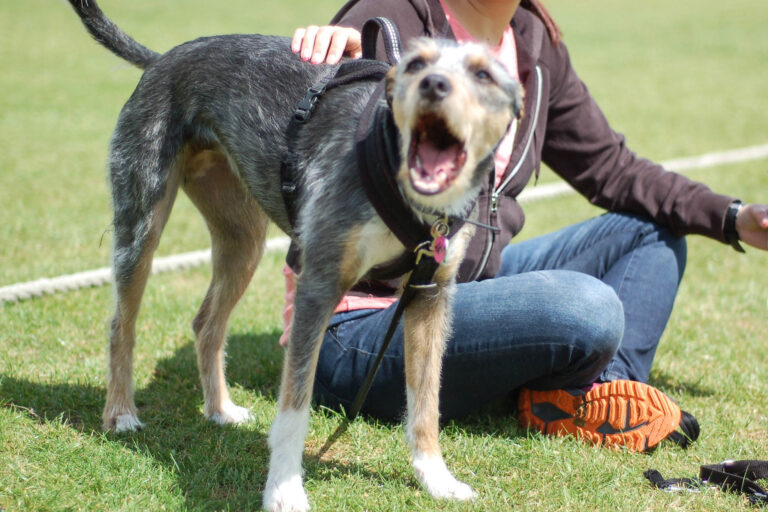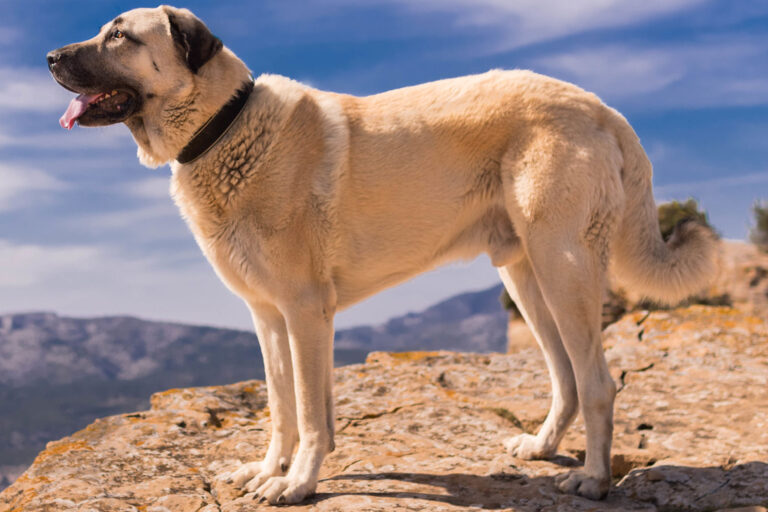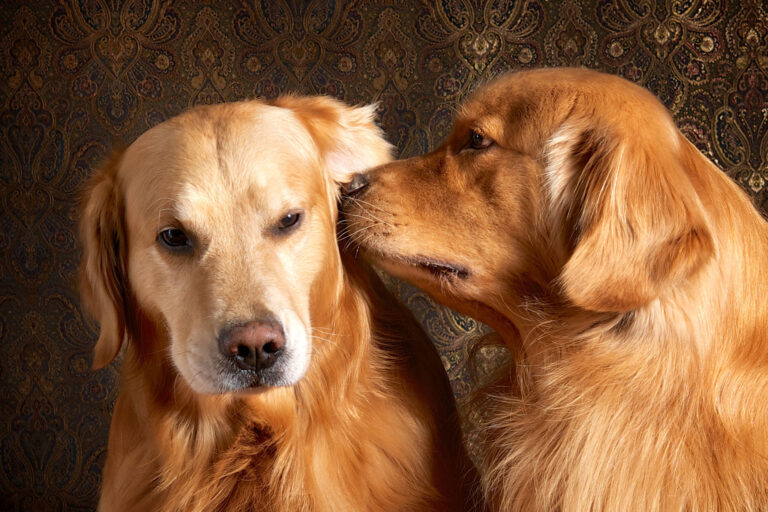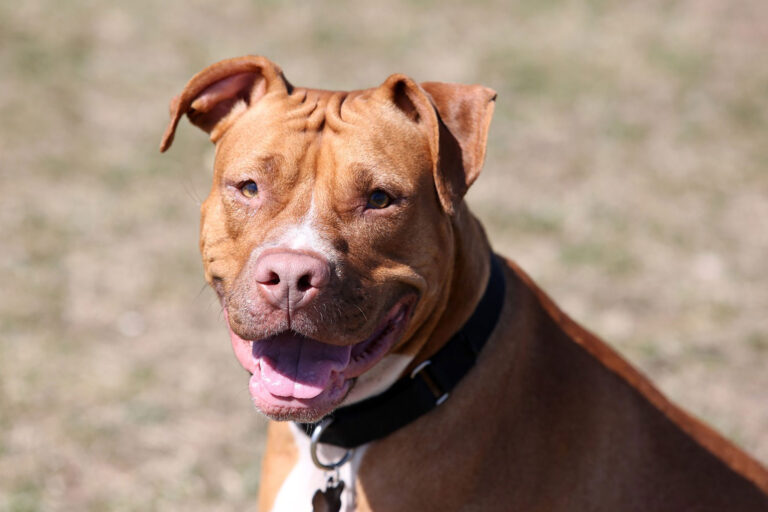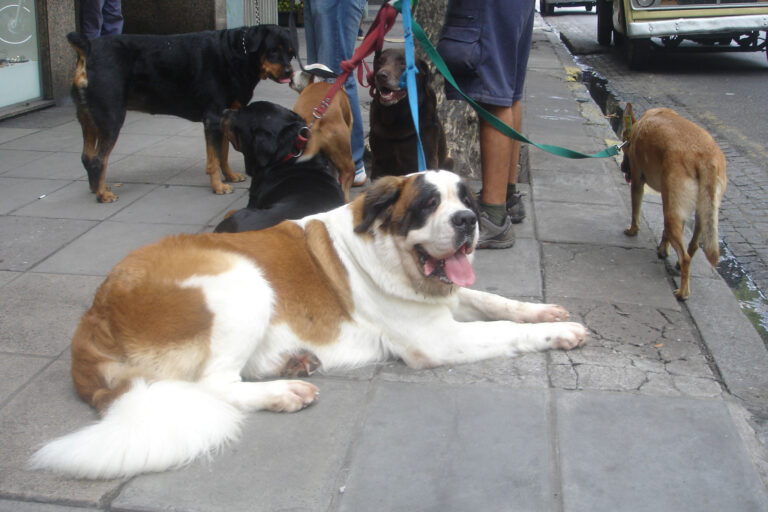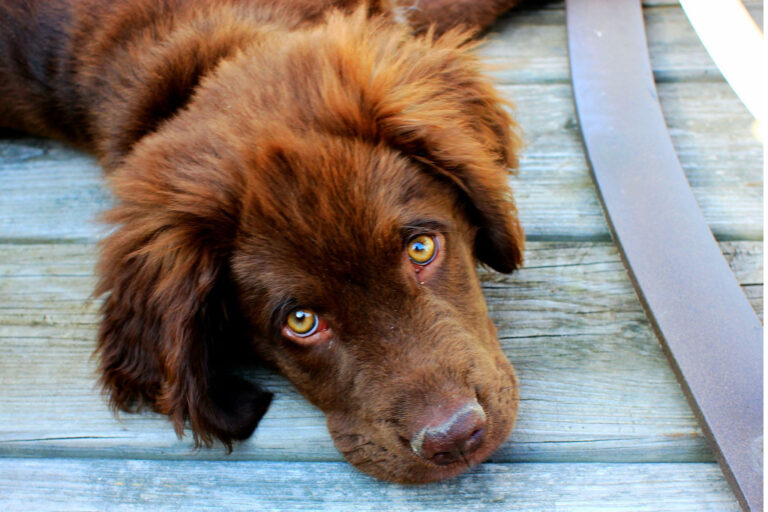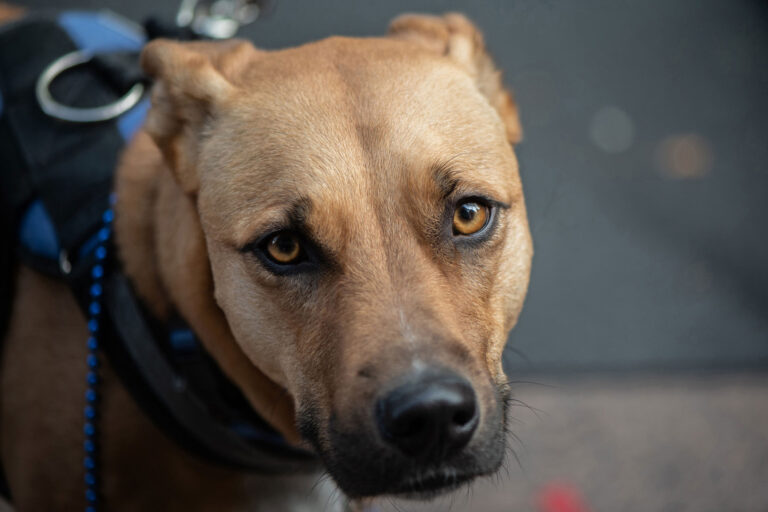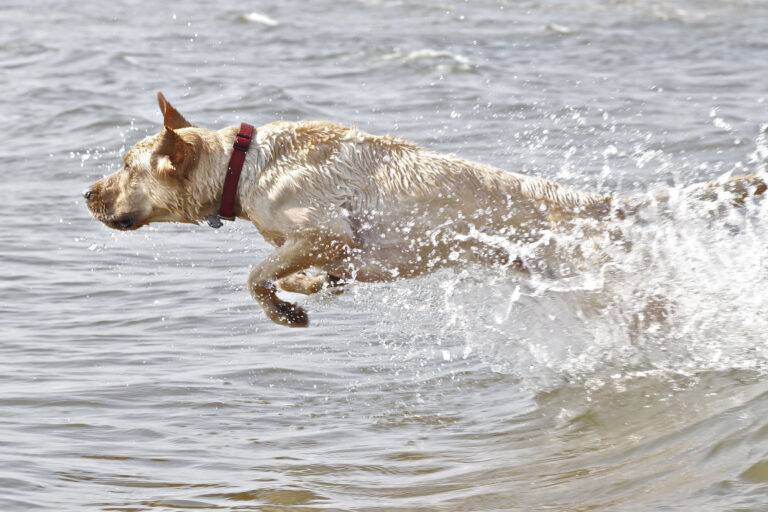Dealing with Dog Diarrhea: When to Worry & How to Help Your Pup
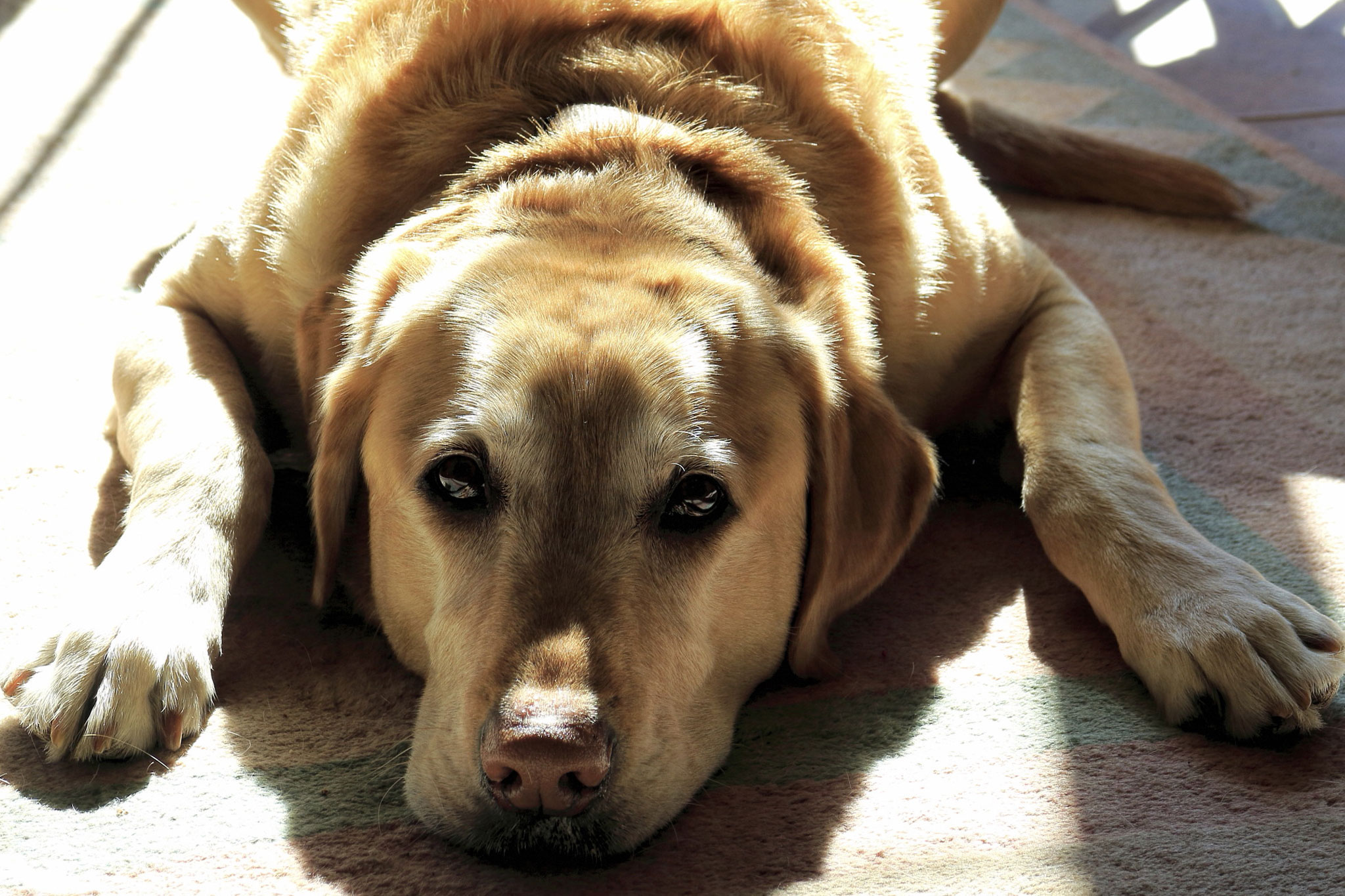
When your beloved furry friend experiences diarrhea, it can be a worrisome and stressful situation. As a pet parent, you want to ensure your dog is healthy and comfortable. This guide will help you understand when to worry about diarrhea in dogs and provide practical solutions to help your pup feel better.
Understanding Dog Diarrhea: The Basics
Diarrhea in dogs is a common issue that every dog owner will likely encounter at some point. It can range from a mild, short-lived problem to a more serious condition requiring veterinary attention. Recognizing the difference is crucial for your dog’s health.
Common Causes of Diarrhea in Dogs
Several factors can contribute to diarrhea in dogs, including:
1. Dietary Indiscretion:
Teach your dog to place their front paws on a raised surface, such as a low bench or a sturdy box. This trick not only looks impressive but also provides mental stimulation as your pup learns to follow commands and use their body in new ways.
2. Diet Change:
Sudden changes in your dog’s diet can upset their stomach.
3. Food Intolerances or Allergies:
Some dogs are sensitive to certain ingredients.
4. Infections:
Bacterial, viral, or parasitic infections can cause diarrhea.
5. Medications:
Some medications, including antibiotics, can upset a dog’s digestive system.
6. Stress or Anxiety:
Significant changes in routine or environment can lead to digestive issues.
7. Medical Conditions:
Chronic conditions like inflammatory bowel disease (IBD), pancreatitis, or liver disease.
When to Worry About Dog Diarrhea
While occasional, mild diarrhea is not uncommon, certain signs indicate the need for veterinary attention:
1. Prolonged Diarrhea:
If diarrhea lasts more than 24-48 hours.
2. Blood in Stool:
Presence of blood, either fresh red or dark and tarry.
3. Vomiting:
Accompanied by diarrhea, it can lead to severe dehydration.
4. Lethargy:
If your dog seems unusually tired or sluggish.
5. Loss of Appetite:
Refusal to eat can indicate a more severe issue.
6. Dehydration:
Dry gums, sunken eyes, or decreased skin elasticity.
How to Help Your Dog with Diarrhea
If your dog has mild diarrhea but is otherwise acting normally, there are several steps you can take to help them recover:
1. Fasting:
Withhold food for 12-24 hours to let your dog’s digestive system rest. Ensure they have access to fresh water to prevent dehydration.
2. Bland Diet:
After fasting, introduce a bland diet of boiled chicken and white rice or plain canned pumpkin.
3. Hydration:
Offer electrolyte solutions like Pedialyte in small amounts to keep your dog hydrated.
4. Probiotics:
Provide a canine-specific probiotic to help restore healthy gut bacteria.
5. Gradual Diet Transition:
Once your dog recovers, gradually reintroduce their regular food over a few days.
Preventing Future Episodes
Preventing diarrhea involves a combination of dietary management and regular veterinary care:
1. Consistent Diet:
Avoid sudden changes in diet. Introduce new foods gradually.
2. Avoid Table Scraps:
Stick to a balanced dog diet and avoid feeding them human food.
3. Regular Deworming:
Ensure your dog is regularly dewormed to prevent parasitic infections.
4. Clean Environment:
Keep your dog’s environment clean to minimize the risk of bacterial or viral infections.
5. Stress Management:
Maintain a stable routine and provide plenty of exercises and mental stimulation.
Diarrhea in dogs can be alarming, but with the right knowledge and approach, you can manage it effectively. Always monitor your dog’s condition and seek veterinary care when necessary. By taking preventive measures, you can help ensure your pup stays happy and healthy.

Dr. Carolyn Stafford’s route to veterinary medicine demonstrates her steadfast commitment and enthusiasm for furthering the science of anatomic pathology.
Subscribe my Newsletter for new blog posts. Stay updated from your inbox!

